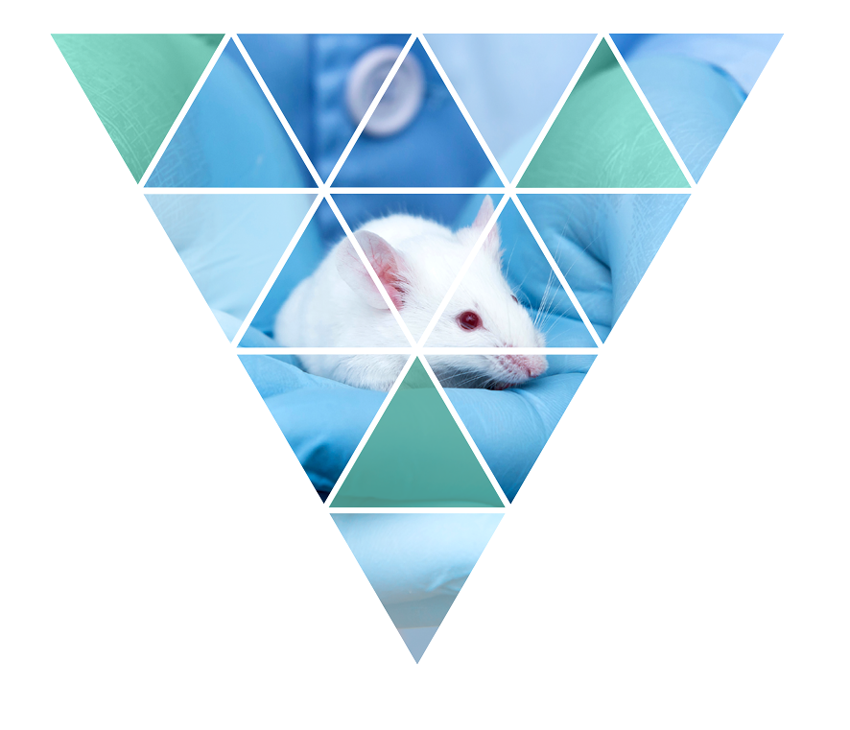
Replace. Reduce. Refine.
Research for alternatives to animal testing
In biomedical research, animal experiments are used to record
and understand complex processes in the living organism.
Their results lead to versatile scientific findings.

WI3R SYMPOSIUM 2024
Take a look at some impressions and voices from the 1st WI3R Symposium in Würzburg.
Many thanks to all participants and see you again in two years!
Read also what the Federal Network 3R reports on the first WI3R Symposium.
WI3R
The further development and implementation of the 3R principles is a central task of biomedical research. In recent years, the metropolitan region of Northern Bavaria has developed into one of the leading research locations, especially for cancer and infectious diseases as well as for new types of medical products. At the same time, alternatives to animal testing have gained in importance and found their way into biomedical research. The research location Würzburg has meanwhile become the nucleus of 3R research, in particular of alternative methods to animal experiments, within Bavaria and beyond. The Würzburg Initiative 3R (WI3R) bundles the Bavarian activities in the field of 3R from science, regulatory authorities and industry and networks with existing 3R centers in Germany, Europe and worldwide. In addition to the quality-assured provision of alternatives to animal experiments, the research network will also be active in the field of science communication and further education.
Our
MISSION STATEMENT
Our mission is to establish alternatives to animal testing as an accepted standard in the population, research and industry. The Fraunhofer Translational Center for Regenerative Therapies TLC-RT in Würzburg acts as a coordinator of WI3R together with its academic partners of University Hospital and University of Würzburg.
Awarded!
In vitro eye test
REPLACEMENT
Animal testing should be replaced by alternative methods wherever possible.
REDUCTION
REFINEMENT
Our
CONTACT

Florian Groeber-Becker
Fraunhofer Translational Center Regenerative Therapies TLC-RT
Röntgenring 12
97070 Würzburg
Phone +49 931 4100-136
Würzburg-Initiative 3R – Replace, Reduce, Refine ©2023
